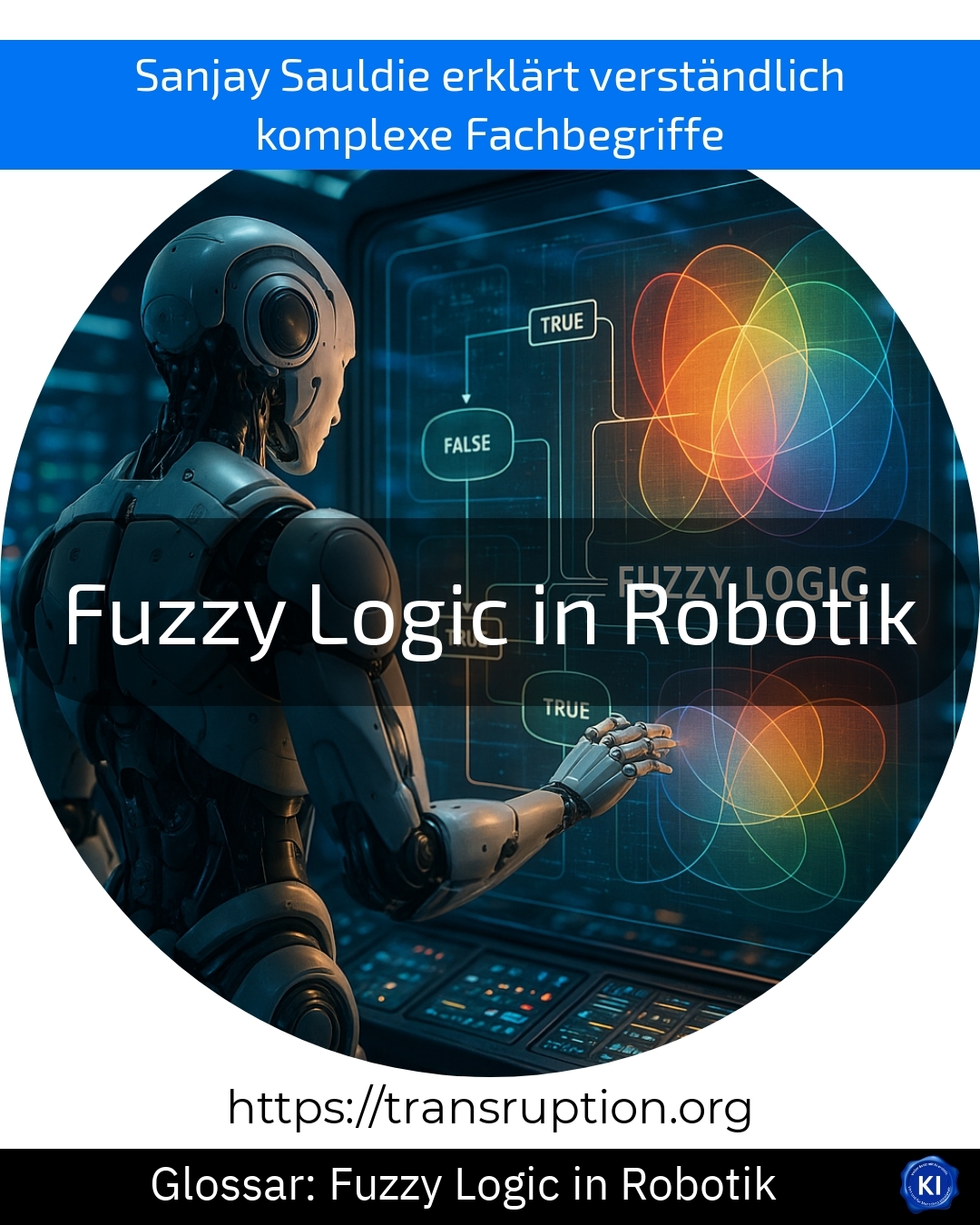Fuzzy logic in robotics is primarily used in the fields of automation, artificial intelligence and robots. This term describes a special form of logic that enables robots not only to make decisions rigidly according to fixed rules, but also to react flexibly and adapt to the situation - similar to a human.
In contrast to classic computer rules, which only distinguish between "yes" and "no", fuzzy logic allows intermediate stages - i.e. "maybe" or "partially". This makes robots much better at dealing with uncertainties and incomplete information.
An illustrative example from practice: a robot is vacuuming a room and comes across a spot that is difficult to detect. With Fuzzy Logic, it can judge for itself how hard and how long it should vacuum instead of just differentiating between "clean" and "dirty". This allows it to customise its cleaning and achieve better results.
Fuzzy logic in robotics not only makes machines more intelligent, but also more flexible and suitable for everyday use. This supports companies in the automation of complex tasks and ensures more efficient operational processes.















